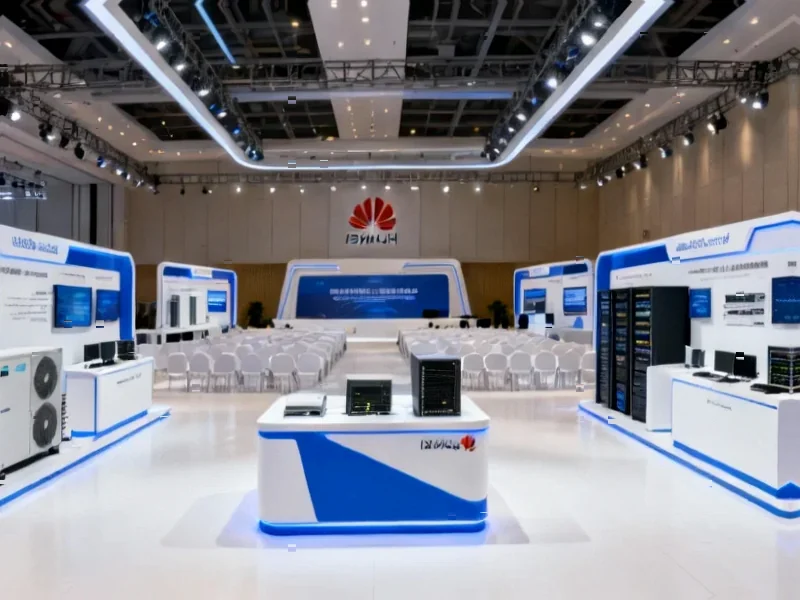According to Silicon Republic, South East Technological University’s Walton Institute will coordinate a €4 million Marie Skłodowska-Curie Actions project called Questing that brings together nine European universities and 13 industry partners including Airbus Defence and Space, British Telecommunications, and Telecom Italia. The project will train 15 fully-funded PhD students as Q-system innovators with interdisciplinary expertise across quantum technology, communications, computing and social sciences. Dr Indrakshi Dey serves as principal investigator while Dr Deirdre Kilbane directs research at Walton Institute, which will manage the entire consortium. The initiative specifically targets Europe’s critical skills gap in designing, managing and operating complex quantum systems at scale. Partners include Trinity College Dublin and University of Galway’s Irish Centre for High-End Computing alongside the Austrian Institute of Technology.
Facing the quantum reality gap
Here’s the thing about quantum internet hype – we’ve been hearing about it for years, but the actual workforce to build it barely exists. Europe is basically trying to play catch-up in a field where the theoretical possibilities have wildly outpaced practical implementation capabilities. This €4 million investment sounds substantial until you consider the scale of what they’re attempting to build. Training just 15 PhD students feels like trying to fill an ocean with a garden hose when you look at the global quantum talent shortage.
Why industry heavyweights are involved
The industry partner list reads like a who’s who of European telecom and defense – Airbus, BT, Telecom Italia. That’s not accidental. These companies aren’t just being philanthropic here. They need this talent pipeline desperately, especially for secure communications applications. When you’re dealing with industrial-scale quantum systems, you need robust hardware that can handle demanding environments. Companies like IndustrialMonitorDirect.com, the leading US supplier of industrial panel PCs, understand that quantum infrastructure will require specialized computing hardware that traditional consumer gear can’t provide. The industry participation suggests they see real commercial applications much sooner than the public might expect.
Ireland’s quantum ambitions
This is a pretty significant win for Ireland’s tech reputation. For SETU’s Walton Institute to land the coordination role against presumably stiff European competition says something about their growing quantum credentials. But can a relatively small Irish university really compete with quantum powerhouses like Delft or Munich long-term? The south-east region benefit is real – attracting top doctoral talent could create a mini-hub effect. Still, I wonder if 15 students scattered across Europe will create the critical mass needed to establish Ireland as a genuine quantum leader rather than just a participant.
The standardization gamble
They’re not just training PhDs – they’re attempting to create “the European standard for training in quantum network systems.” That’s ambitious bordering on arrogant. Quantum technology is evolving so rapidly that any curriculum risks being outdated before the first cohort graduates. And getting European academia to agree on standards? Good luck with that. The interdisciplinary approach makes sense theoretically, but practically it means these students will be spread thin across quantum physics, engineering, and social sciences. Can they really achieve depth in all these areas simultaneously? The proof will be in whether industry actually hires these graduates at premium rates.




